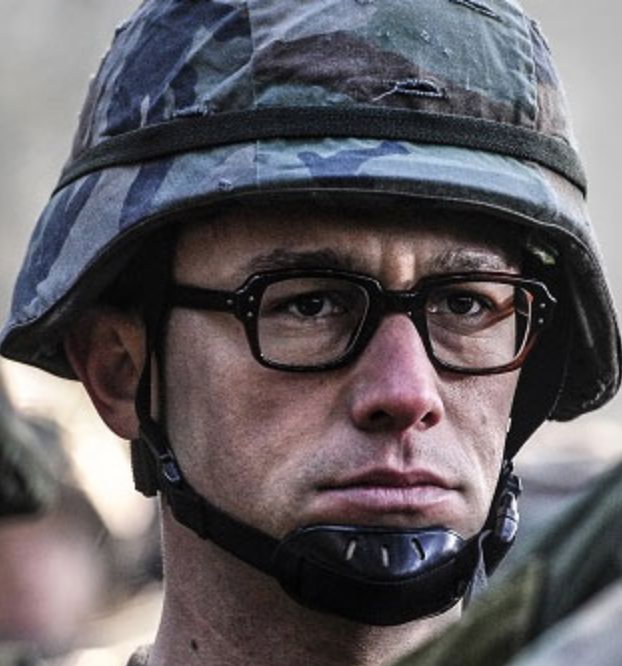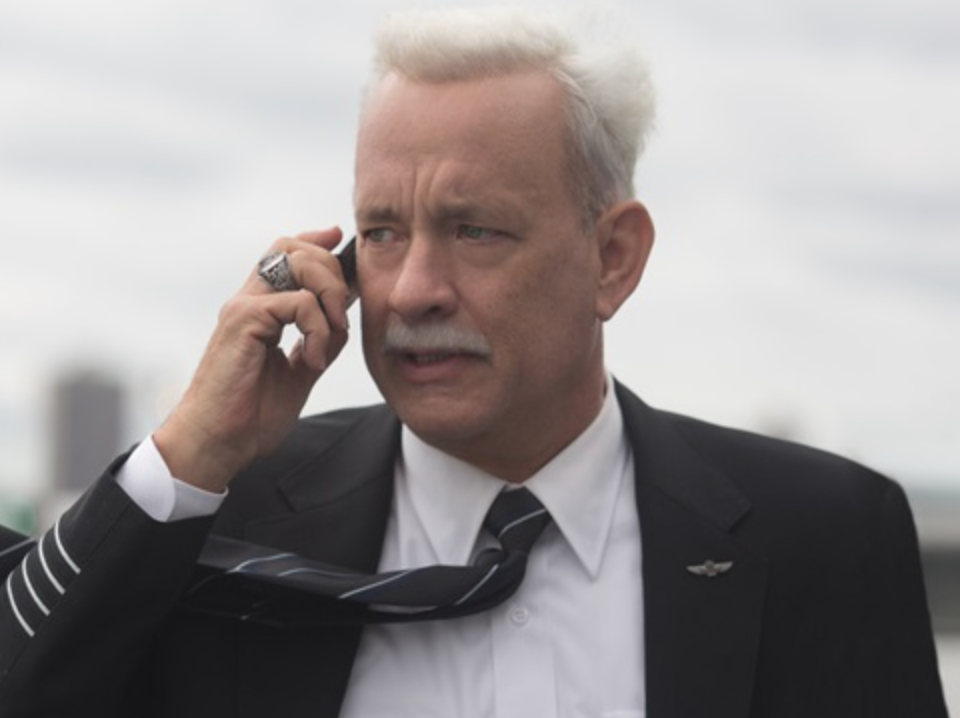 Oliver Stone movies are best described by their volume levels. There are those at a “Spinal Tap” eleven – a register so loud that a new setting is required to describe it. Most of the films by which he’s made his name belong to that category: the deafening, bombastic “Natural Born Killers,” “JFK,” and “Any Given Sunday.” Then there are his quiet films, so understated that they sound like elevator music or an irritatingly audible whisper: “W.,” “World Trade Center,” even his late-to-the party sequel “Wall Street: Money Never Sleeps.” Only his best films – Goldilock’s all-elusive “just-rights” – trumpet their truth in clear, round tones without overselling their case. Think “Nixon,” “Born on the Fourth of July,” “Wall Street,” and now “Snowden,” an adaptation of The Snowden Files by Luke Harding and Time of the Octopus by Anatoly Kucherena. Should the seventy-year-old writer/director choose to stop working now (and he shows no such inclination), this feature about the world’s most famous whistle blower would be a fitting swan song to his career.
Oliver Stone movies are best described by their volume levels. There are those at a “Spinal Tap” eleven – a register so loud that a new setting is required to describe it. Most of the films by which he’s made his name belong to that category: the deafening, bombastic “Natural Born Killers,” “JFK,” and “Any Given Sunday.” Then there are his quiet films, so understated that they sound like elevator music or an irritatingly audible whisper: “W.,” “World Trade Center,” even his late-to-the party sequel “Wall Street: Money Never Sleeps.” Only his best films – Goldilock’s all-elusive “just-rights” – trumpet their truth in clear, round tones without overselling their case. Think “Nixon,” “Born on the Fourth of July,” “Wall Street,” and now “Snowden,” an adaptation of The Snowden Files by Luke Harding and Time of the Octopus by Anatoly Kucherena. Should the seventy-year-old writer/director choose to stop working now (and he shows no such inclination), this feature about the world’s most famous whistle blower would be a fitting swan song to his career.
Joseph Gordon-Levitt stars as Edward Snowden, the NSA contractor who became a fugitive by exposing the slippery slope that is the new American surveillance state. With his sweet eyes and acrobatic grace (he always seems poised to break out in a dance number, as in “500 Days of Summer”), Gordon-Levitt may seem an unlikely candidate to embody Snowden’s robotic remove. But clad in the techie uniform of gray tee shirt and grayer pallor, the actor disappears quickly into the role, and his old-soul gaze helps explain how he landed Lindsay Mills (Shailene Woodley), Snowden’s hottie girlfriend who plays a big role in Stone’s (largely successful) attempt to humanize this man about whom everyone has many opinions and few facts. Continue Reading →


